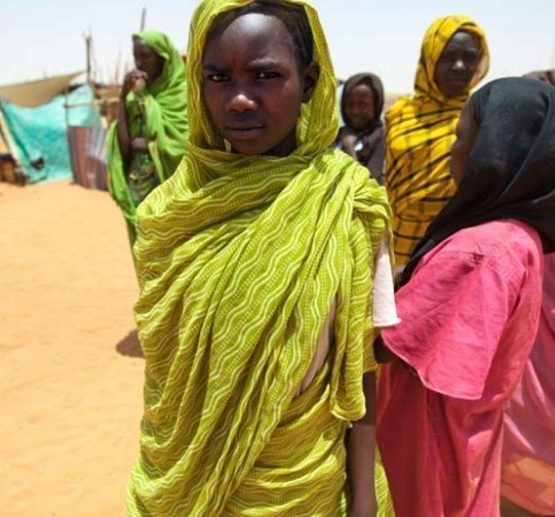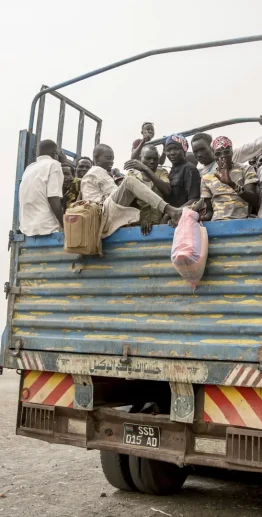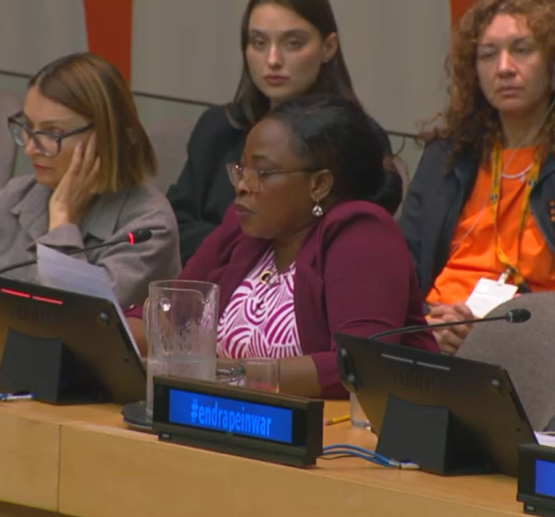The United Nations Must declare a Cholera Outbreak in Sudan to avert another devastating global catastrophe
I was pleased to read the press statement by the UN Office for Coordination of Humanitarian Affairs that the United Nations together with the Sudan Humanitarian Fund have earmarked $21 million for relief work in Darfur, South Kordofan and Blue Nile States, however I was very much disappointed when part of the statement mentioned the terms “acute watery diarrhea cases” instead of Cholera echoing the statement consistently made by the government of Sudan to undermine the deadly cholera epidemic .
The question is this: Why did the UN refuse to use the correct term for the epidemic? Reports by the Sudan Epidemiological Corporation indicated that, 940 Sudanese lost their lives and 23,930 had been infected by cholera since its onset in August 2016, which obviously mount to a global health crises, but the Sudanese government kept on denying its existence and insisted that the residents had “Acute Watery Diarrhea” and instead of the UN coming out to declare a cholera epidemic and invite the international community to join in tackling this crisis urgently, it is rather echoing what the government of Sudan is saying.
The people in Darfur are living in deplorable environmental conditions worsened by the longstanding crisis coupled with flooding and insect breeding. The insects facilitate the cholera infection among the community. Between August 20-August 24 of this year, at least 16 people died of cholera in South Darfur, 17 died in Foro Baranga in West Darfur and 22 infected; 10 in Angu Guti and 7 in Foro Baranga. In North Darfur 128 residents got the infection, 44 of which come from the village of El Sareif. 2 patients lost their lives in El Sareif. Within the same period, Central Darfur recorded 47 hospitalization cases and 5 deaths. In Kalma camp, South Darfur, there were 49 infections, and 4 deaths. If all these infections and deaths are not manifestations of a cholera outbreak, then what are they?
In as much as cholera has been reported in Khartoum and other parts of Sudan, the people of Darfur are the most vulnerable to the epidemic because they are already at the mercy of ongoing genocide, weaponized rape and hunger. Besides, shortage of medical professionals, medicines and intravenous solutions is aggravating the situation.
The primary responsibility to protect the people and provide them with decent livelihood is on the government of Sudan and in the face of a crisis that has reached the stage of global crisis, the government of Sudan must make efforts to call for international intervention in order to save the lives of its citizens. While the United Nations is on the ground they must do the right thing by declaring an emergency to ensure that there is an international effort to end this catastrophic disease.
It’s morally imperative for the United Nations including the World Health Organization (WHO)and the entire international community, to use the right terms; issuing politically correct statements or using fine words is not helping the situation. The symptoms exhibited by patients of the so-called “acute watery diarrhea” are symptoms of cholera which is confirmed by doctors working on the ground. Its particularly important that the UN comes out and declare a cholera epidemic in Sudan, as the first step to the solution of every problem is the right characterization. This is not about politics it’s about saving lives of the people of Sudan many of whom are already suffering from the long crisis and they have no ability to fight another disastrous disease.
What makes the situation worse for Darfuris is that, the current government has blocked operation of foreign relief agencies preventing the WHO from carrying out investigations into the outbreak and also depriving the residents from receiving basic health assistance.
I urge our readers to join me in calling on the United Nation’s Agencies and the entire international community to declare cholera epidemic in Sudan and pressurize the incumbent Sudanese government to allow more humanitarian aid especially in Darfur and surrounding states.
By: Janet Addoh
Janet currently works as the Special Assistant to the President of Darfur Women Action Group in Washington, DC. She has a Master of Arts Degree in International Policy and Development. She is very passionate about global security, peace, and human rights and committed to fighting for social justice for the vulnerable in Society.
Sources:
UN: $21 million for critical humanitarian aid in Darfur, South Kordofan, Blue Nile
Epidemiological Corporation: 23,930 cholera patients in Sudan



